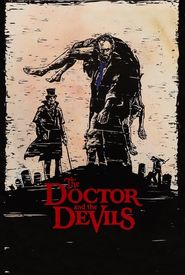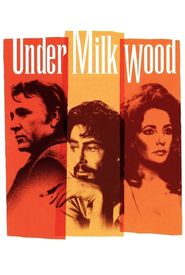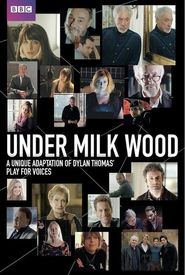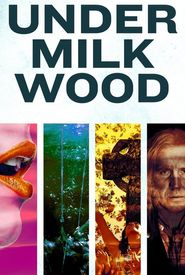Dylan Marlais Thomas was a renowned Welsh poet and writer, celebrated for his captivating works, including the iconic poems "Do not go gentle into that good night" and "And death shall have no dominion". His impressive repertoire also comprises the 'play for voices' Under Milk Wood, as well as stories and radio broadcasts such as "A Child's Christmas in Wales" and "Portrait of the Artist as a Young Dog". Throughout his lifetime, Thomas gained widespread popularity, which continued even after his untimely death at the age of 39 in New York City. By then, he had established a reputation, which he had actively cultivated, as a "roistering, drunken and doomed poet".
Born in 1914 at his family's home in Cwmdonkin Drive, Uplands district of Swansea, Glamorgan, Wales, Thomas was an unremarkable student who left school at 16 to pursue a career in journalism. Many of his works were published during his teenage years, but it was the 1934 publication of "Light breaks where no sun shines" that garnered significant attention from the literary world. During his time in London, Thomas met Caitlin Macnamara, whom he married in 1937. Their tumultuous relationship was marked by alcoholism and mutual destruction. In the early years of their marriage, Thomas and his family lived a precarious existence, eventually settling in the Welsh fishing village of Laugharne/Talacharn in Carmarthenshire.
Thomas's literary talents were widely recognized during his lifetime, although he struggled to make a living as a writer. To supplement his income, he embarked on reading tours and radio broadcasts. His BBC radio recordings in the late 1940s brought him widespread recognition, and he frequently served as the BBC's popular voice of the literary scene.
Thomas first traveled to the United States in the 1950s, where his readings garnered him a significant following, while his erratic behavior and drinking worsened. His time in America cemented his legend, and he went on to record his works, including "A Child's Christmas in Wales", onto vinyl. During his fourth trip to New York in 1953, after a night at the White Horse Inn, Greenwich Village, Thomas fell gravely ill and lapsed into a coma, from which he never recovered. He died on November 9, 1953, at St. Vincent's Hospital in Greenwich Village, and his body was returned to Wales, where he was interred at the village churchyard in Laugharne on November 25, 1953. A simple white wooden cross marks his grave.
Despite writing exclusively in the English language, Thomas is acknowledged as one of the most important Welsh poets of the 20th century. He is celebrated for his innovative, rhythmic, and ingenious use of words and imagery. His position as one of the great modern poets has been extensively discussed, and he remains a beloved figure among the public.






























